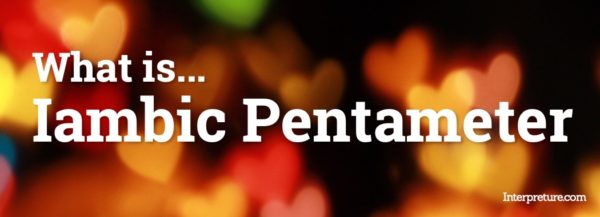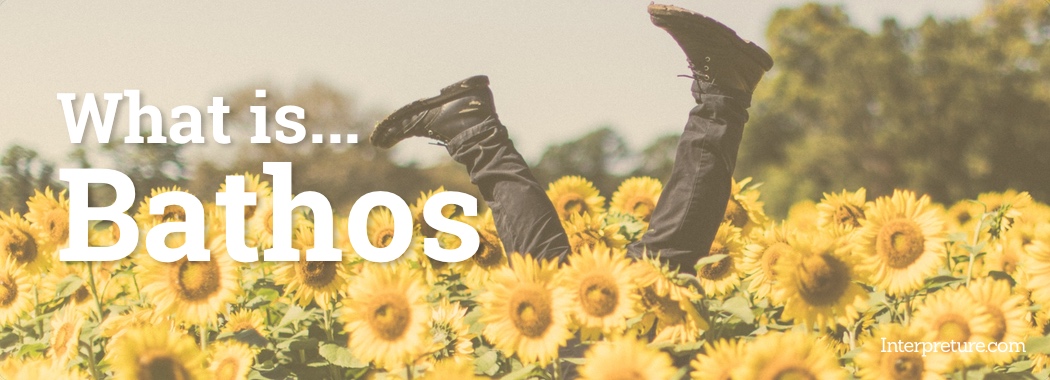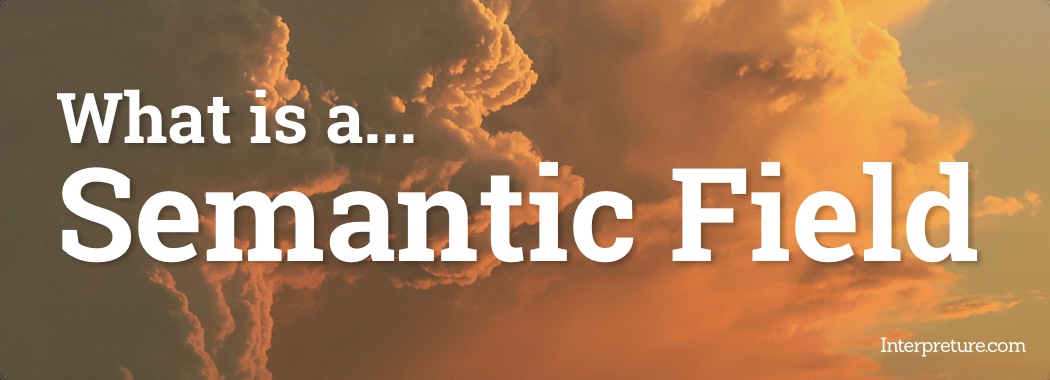A line of iambic pentameter is where there are five sets of an unstressed syllable followed by a stressed syllable. The term is derived from “iamb”, meaning a metrical foot used in poetry (a rhythmic unit), with the prefix “penta” meaning “five” (like in ‘pentagon’).
Shakespeare’s plays were written mostly in this form, which is the most common type of meter in English poetry.
Why is Iambic Pentameter used?
- Form and Structure: One of the main reasons that iambic pentameter is used is to structure text and speech in a way that has some formality, but also to maintain a natural flow. This helps to ensure that the overall form of the piece of literature can be understood by a reader and prevent certain sections becoming either too rushed or too slow.
- Creating a personal feel: This technique has long been used to help create a personal feel and atmosphere, particularly in drama, due to the way in which the stressed and unstressed syllables combine to make a heartbeat-like pattern. Many authors use this to help make certain lines and descriptions feel more intimate.
Examples
Iambic pentameter is used in ‘To Autumn’ by John Keats (English Romantic Verse) to help give the poem its form and structure.
The following extract has five iambs comprising a stressed syllable followed by an unstressed syllable in each line (shown underlined).
“My heart aches, and a drowsy numbness pains
My sense, as though of hemlock I had drunk,”
William Shakespeare is famous for his extensive use of iambic pentameter, including this well-known example from Richard III:
“A horse! A horse! My kingdom for a horse!”
Whilst many examples of the extensive use of iambic pentameter come from older poems, the technique is also used in an extensive range of modern poetry. For example, Tishani Doshi uses selected lines of iambic pentameter in ‘The Deliverer’ (Poems of the Decade) in order to create a more personal connection with the reader. The following line illustrates how the ‘heartbeat’ rhythm is coupled with a dark and sinister line to emphasise a personal and human connection.
“Because they were crippled or dark or girls.”





3 Comments
Ye ! This Is A Good Blog!
This is very helpful. Thanks so much.
Ye, Ye! This is very good! It was so very very helpful! Thank you so very much!